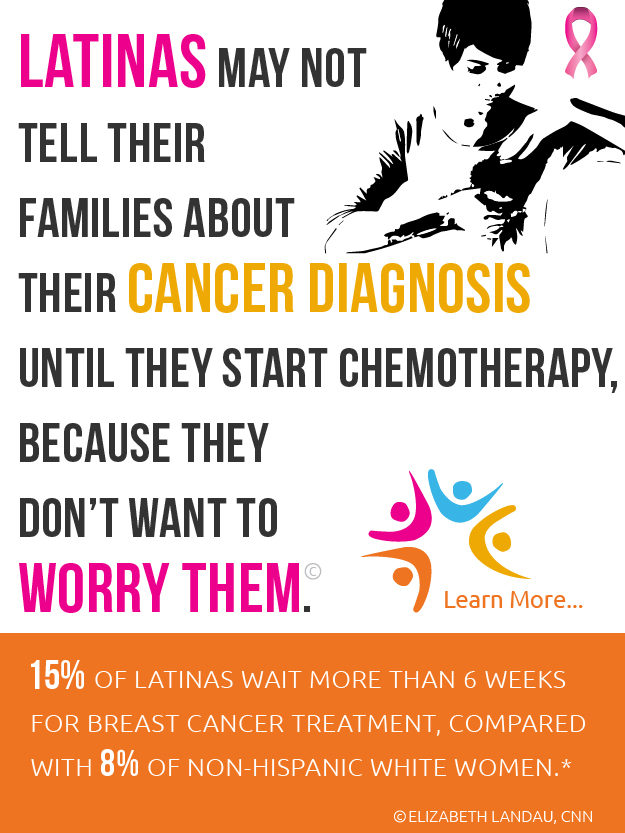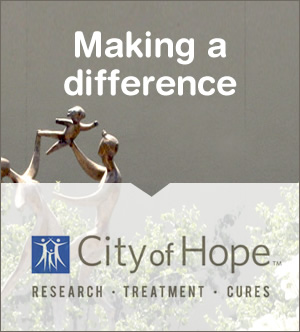
Breast Cancer: You May Never Know Until You Ask the Question
02/07/2014 04:48PM | 19033 viewsOne of the coolest things about science is the endless number of questions that can be asked about something, and the resulting pursuit of answers.
When doctors and scientists saw that women in certain families were diagnosed with breast cancer far more often than they’d expect, they looked into whether cancer risk could be inherited. Those questions eventually led to the discovery of two genes in the 1990s — BRCA1 and BRCA2 — that changed how the medical world looks at cancer risk. Inherited mutations in these genes can dramatically increase the chances of developing breast and ovarian cancers.
City of Hope researchers continue to ask questions related to these gene mutations. In their studies of Latinas with BRCA-associated breast cancers, they noticed something unusual: Many of them had breast cancers that were progesterone receptor (PR) negative.
PR negativity means that the cancer doesn’t depend on the hormone progesterone to grow. That’s a challenge because some of the most successful modern therapies that block hormones aren’t as effective against these tumors.
Since about 1 in 4 Latinas with breast cancer have a BRCA mutation — a sizeable group — the scientists wanted to learn more.
City of Hope collaborated with the Clinical Cancer Genetics Community Research Network on the largest study of high-risk Latino families in the U.S, research presented recently at the annual meeting of the American Association for Cancer Research. They conducted complete BRCA testing and gathered detailed family trees.
Of the Latinas in the study diagnosed with a BRCA-associated breast cancer, about half were PR negative. That rate was much higher than in white non-Latinas with BRCA mutations. City of Hope researchers now are collecting data on white non-Latinas with breast cancer so they can better compare the two groups and understand the impact of PR negativity.











Post your Comment
Please login or sign up to comment
Comments